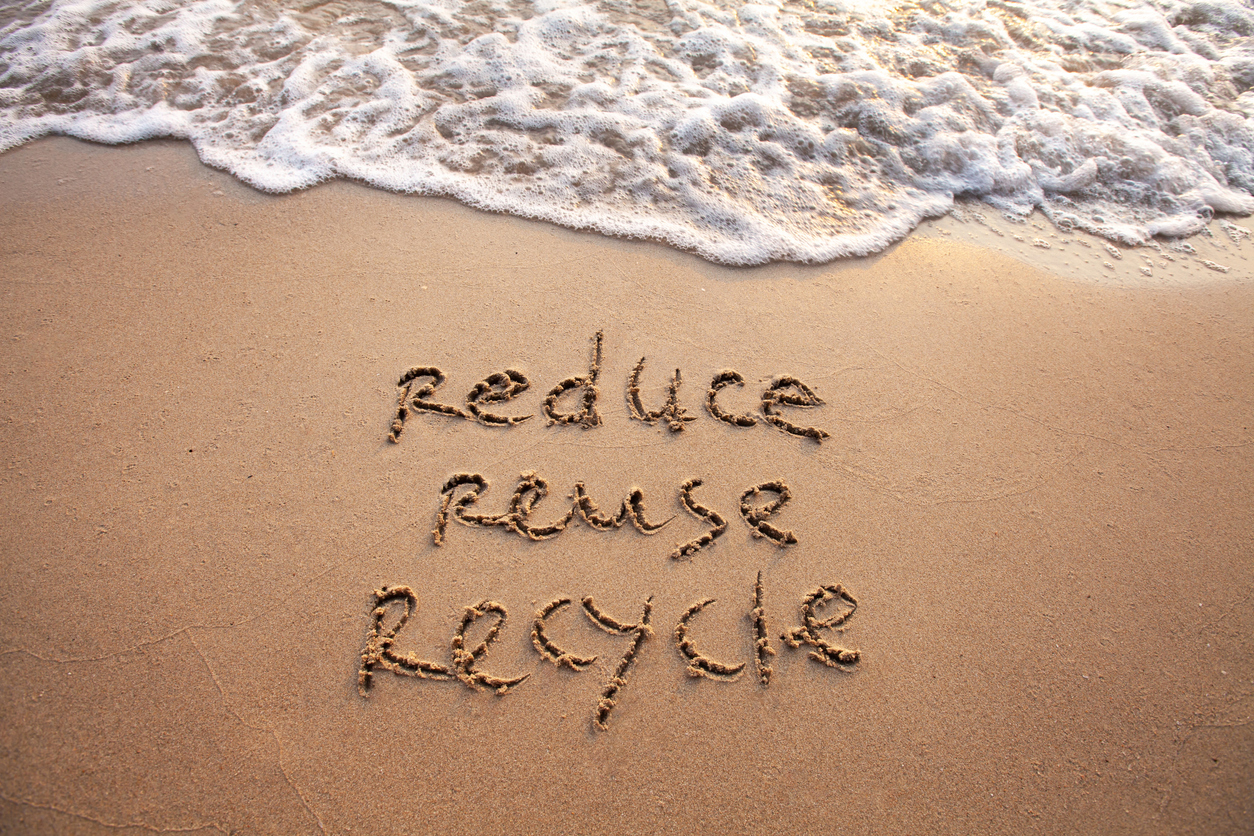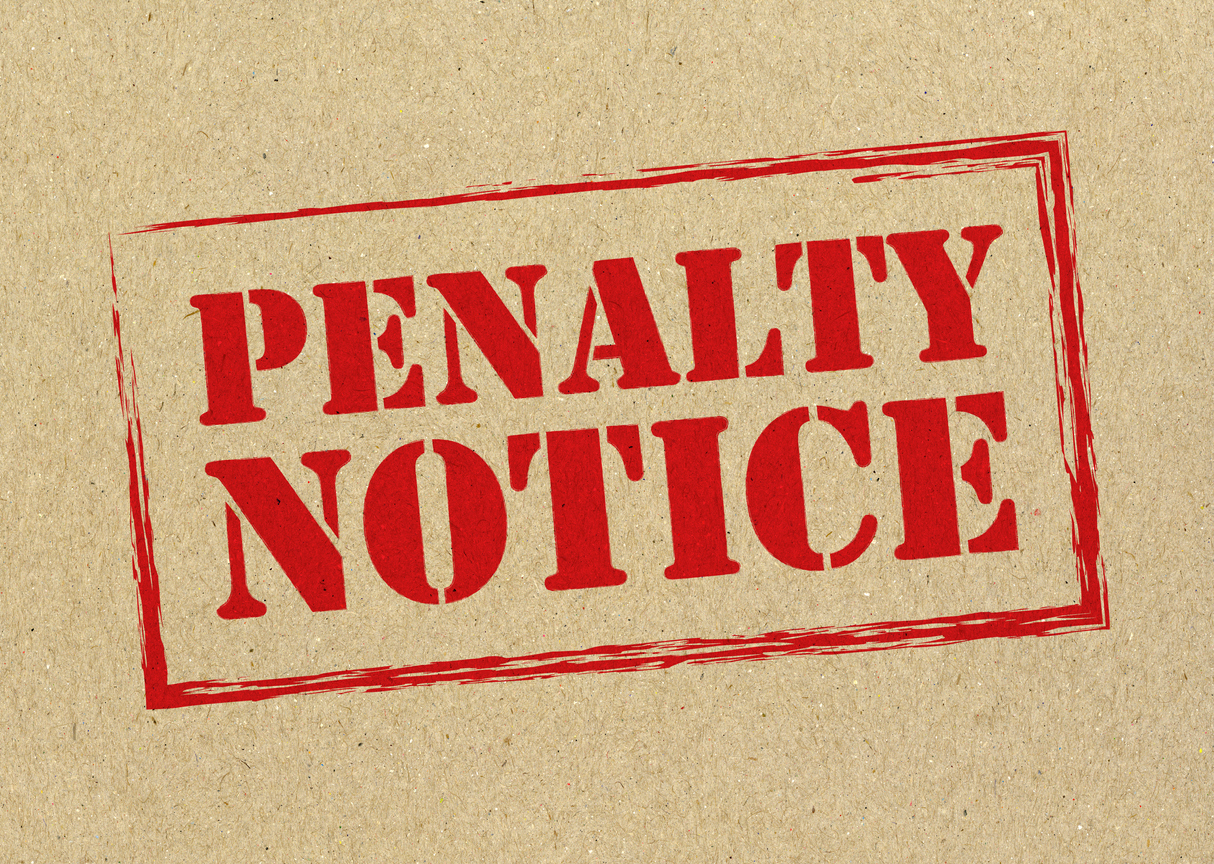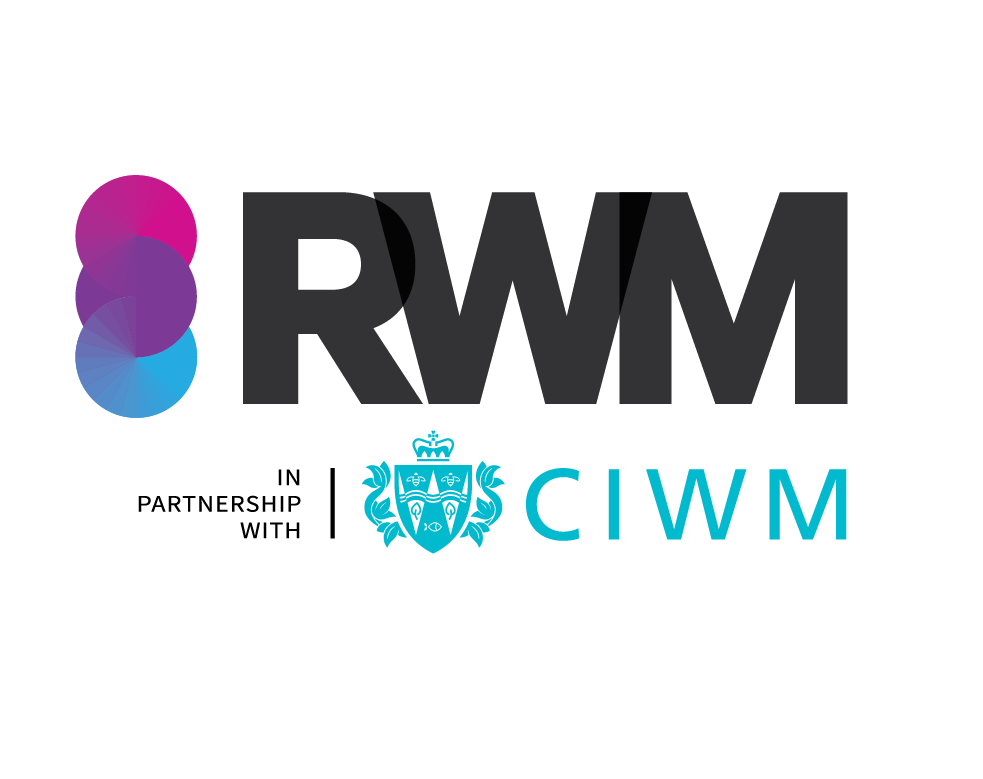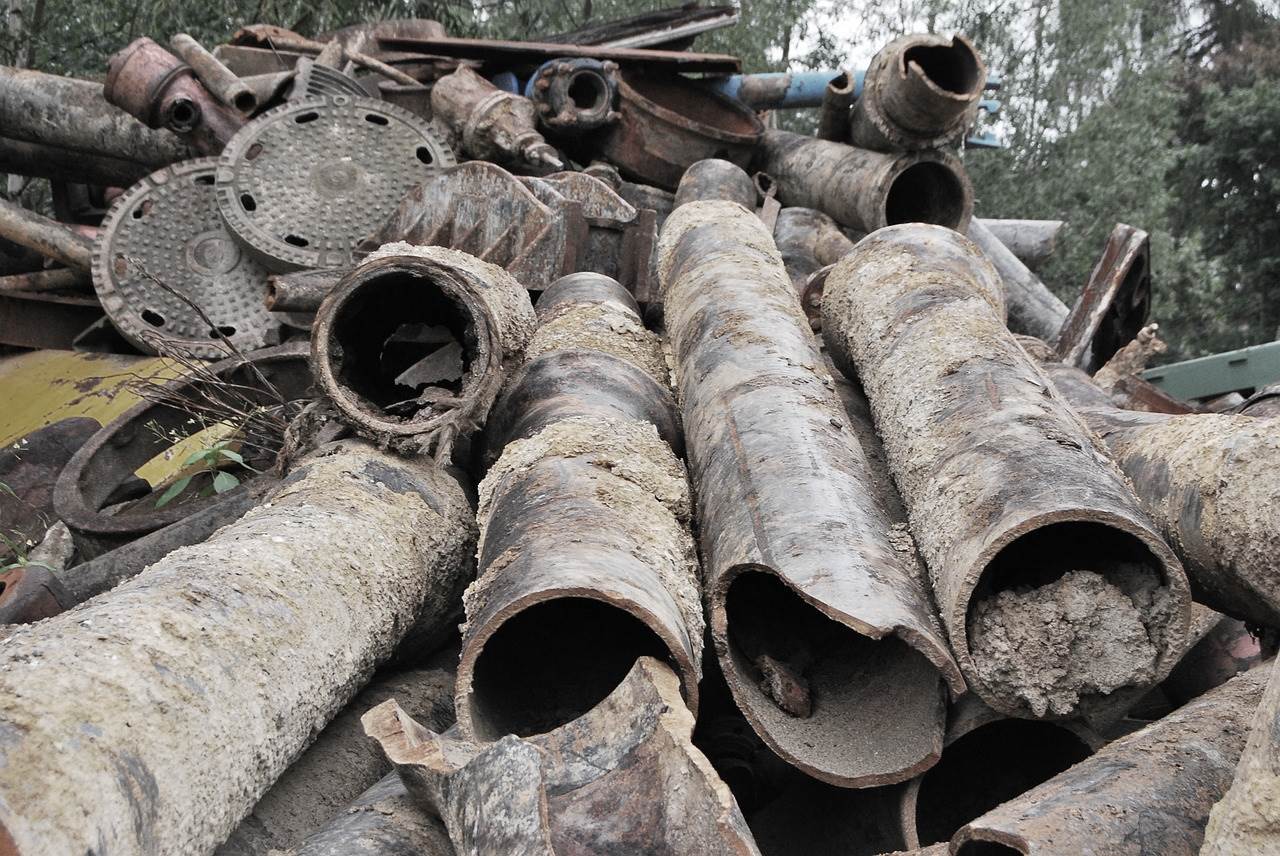
Talking Dirty – An Environmental Blog.
Date: 25/02/2015 | Environmental
Today in ‘Talking Dirty’ I am talking ‘contracts’, perhaps not as juicy a subject as some that I’ve covered in this blog previously, but very important nonetheless.
Over the last six months or so, an increasing proportion of my time has been taken up dealing with contractual disputes involving parties in the waste and resource management sector, several of which could prove to be very expensive to resolve. Many of the issues which are in dispute emanate from the interpretation of the primary clauses of the contracts. It strikes me that, perhaps due to competitive tendering and the tight timescales involved in that, not enough time or thought went into the drafting of such clauses prior to the contracts being signed up by the contracting parties.
The importance of ensuring clarity in the principal provisions of any major contract might seem an obvious point to make. However, given the amount of ambiguity that I am currently experiencing, it doesn’t appear to be something which was been given sufficient priority, at least in the past. Although there is often the opportunity for the court to ‘look behind’ the terms of the contract to ascertain the intentions of the parties at the inception of the contract, wouldn’t it be preferable to ensure that those intentions are accurately captured at the outset? In my experience, the parties in dispute are not always the original contracting parties and so it may not be easy to establish the ‘intention’ where that is not clear from the contract terms.
For the existing contracts in respect of which a dispute has already arisen, there is no scope to address this issue and at least one of the parties will have to bear the costs and consequences of litigation – whether through an expert determination or arbitration, or, indeed, through the court system. However, there are lessons to be learnt going forward and, perhaps, there may even be opportunities to revise existing contracts to prevent further uncertainty and/or dispute. Some or all of the following should be considered:
- Use all defined terms and check all cross-references! It is always a surprise to me how frequently these simple practices are not followed;
- Ensure that bespoke or unusual arrangements are understood by both parties and clearly framed;
- Avoid contradictory provisions and make sure that any exceptions to a general provision are set out in an obvious manner;
- The possibility of changing market conditions or the introduction new legislation and how that could potentially impact on the ability of the parties to continue to perform the contractual obligations and whether any contingency plans should be built into the contract to allow for amendments in those circumstances? For longer term contracts, perhaps there could be a review process to allow for such amendments;
- Have an appropriate method or procedure for dealing with any disputes that do arise (as not every eventuality can be foreseen and catered for). What is appropriate will depend on the nature of the contract, the parties involved and how confidential the subject of the contract is, all of which should be thought about at the outset.
Of course I am inclined to advocate this, but getting the right professional advice and input from the right advisors (including lawyers) before signing up to a contract could prove to be invaluable. Proper preparation, discussion and drafting could ensure that protracted and expensive disputes are avoided during the contract term.
If any of you have any views, comments or suggestions of specific ‘dirt’ that you would like to see discussed here then please get in touch – email, phone, twitter or linked-in.
I’ll be back again soon!









































































